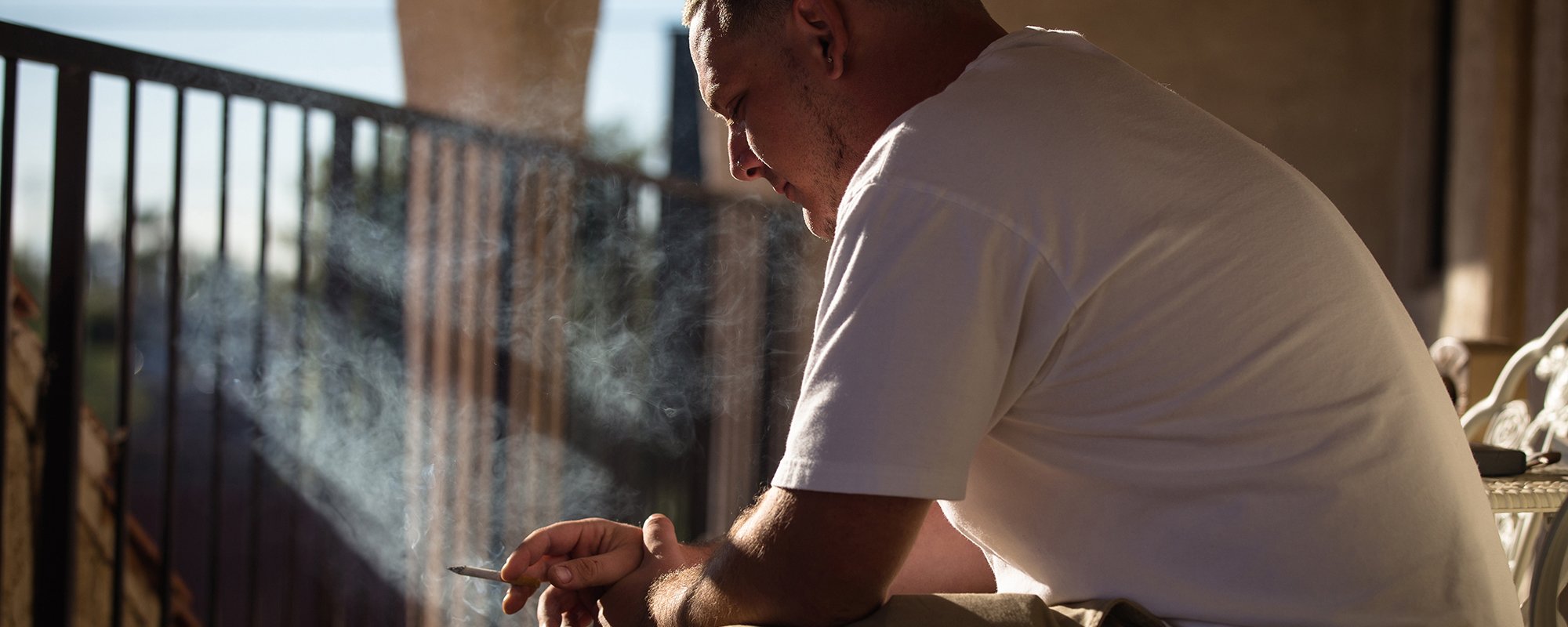Do you suspect someone is struggling with addiction? Here are some tips
PHOENIX - The key to stopping opioid addiction is recognizing the potential abuse before it takes hold. But, there are treatment programs for any stage of addiction.
Here are resources to identify abuse and seek assistance:

CONNECT WITH US
Connect with our reporters and editors through social media, or call or email an editor from our contacts page.
Sign up for daily headlines